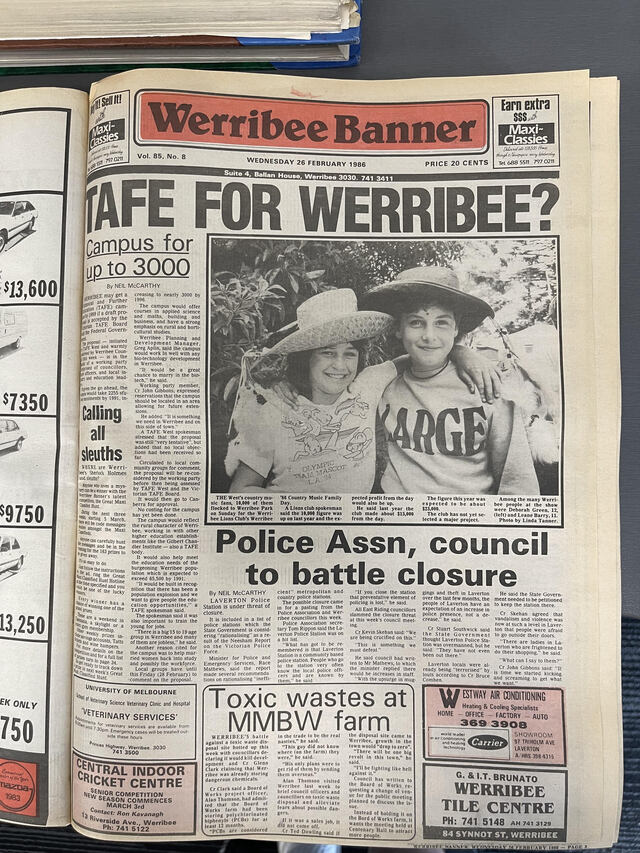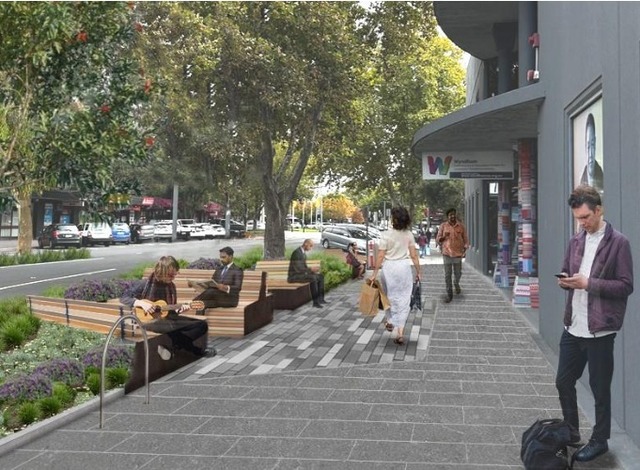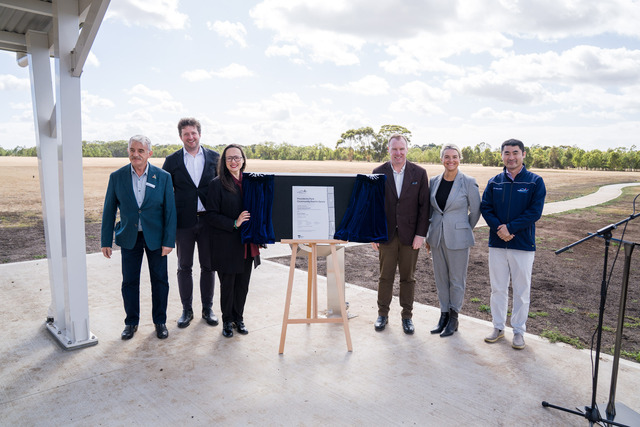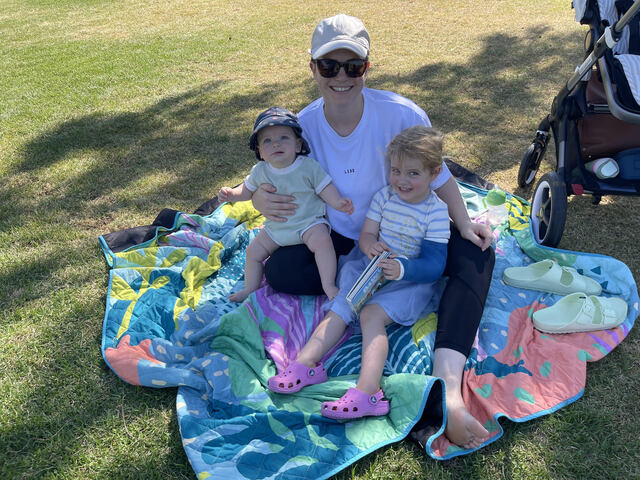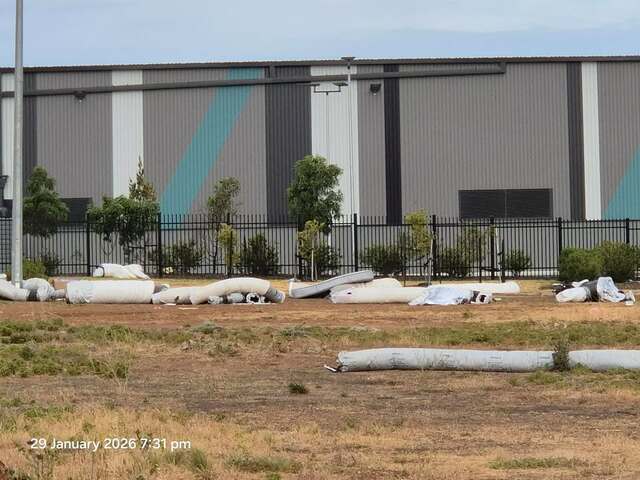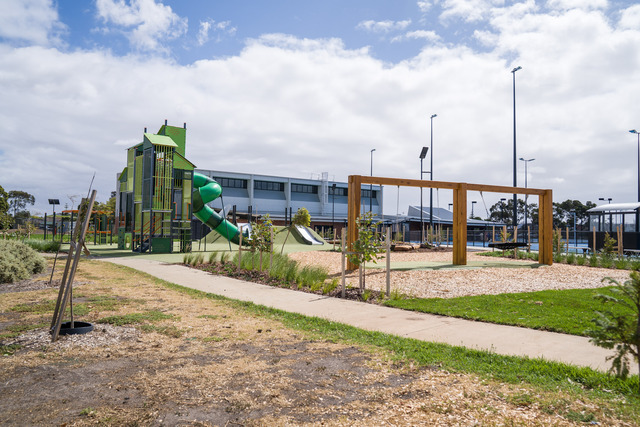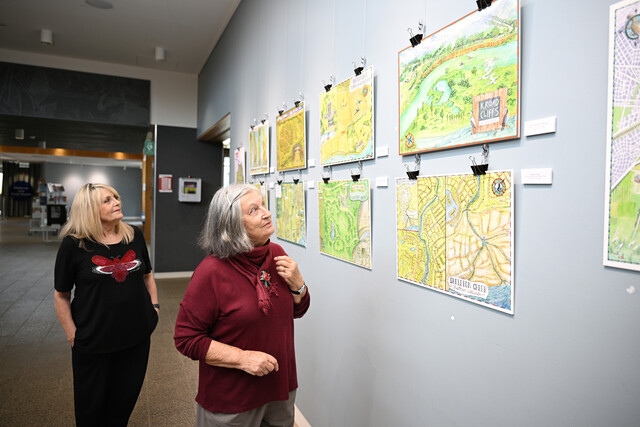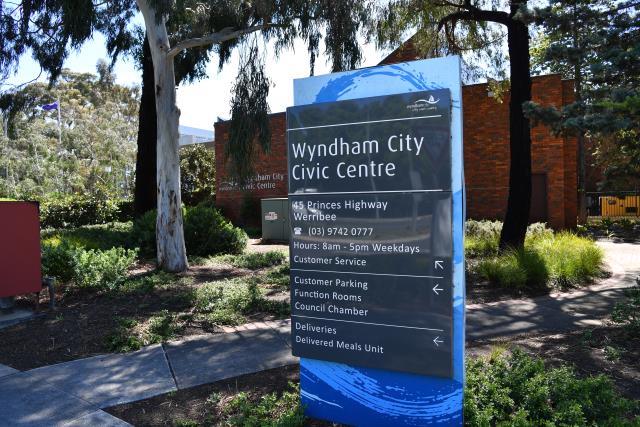The Essential Services Commission (ESC) has knocked back Wyndham council’s rate capping exemption request.
Wyndham ratepayers will receive a 2.5 per cent increase on their rates bill for the 2016-17 financial year in line with the state government’s rate capping scheme, despite the council applying for a variation that would allow for a 4.5 per cent rate rise.
Handing down its final judgement this morning, the ESC said that Wyndham was in a strong financial position for 2016-17 and had the financial capacity to look into funding alternatives and expenditure offsets without increasing rates about the cap.
“Wyndham acknowledged that it had not yet pursued some of the options and alternatives available because it wishes to consult further with the community about the potential impacts of those options,” the judgement read.
“As such, Wyndham’s application is yet to confirm the long-term revenue needs that would justify a permanent increase in the rate base.”
Wyndham was one of 10 Victorian councils to apply for a rates variation.
Wyndham, Ballarat and Casey’s applications were rejected, while the ESC approved rate capping variations for Buloke, Horsham, Moorabool, Pyrenees, Towong and Murrindindi (in part).
The council, which unveiled its draft 2016-17 budget at the end of April, will now have to cut about $3 million from its proposed capital works spend.
Funding for the Werribee Integrated Community Hub, a feasibility study for Wyndham’s third indoor leisure centre facility, stage one of the Wyndham Cultural Centre redevelopment and $600,000 of road reconstructions and resurfacing programs, among other projects, will be culled because the budget variation has not been approved.
‘Disappointed’
Mayor Adele Hegedich said while the council accepted the decision, it was disappointed that the needs of a growth area such as Wyndham had not been given greater consideration.
“We are concerned about the longer‐term compounding effect rate capping will have on growth areas,” she said.
“Beyond 2016-17, we anticipate that the cumulative effect of a rate cap will be a funding shortfall of approximately $50 million over the next four years.
“Combined with an annual infrastructure funding shortfall of approximately $16 million, or $337 million over 20 years due to lack of government grants and insufficient developer contributions, our ability to deliver much needed services and infrastructure will be compromised.”



